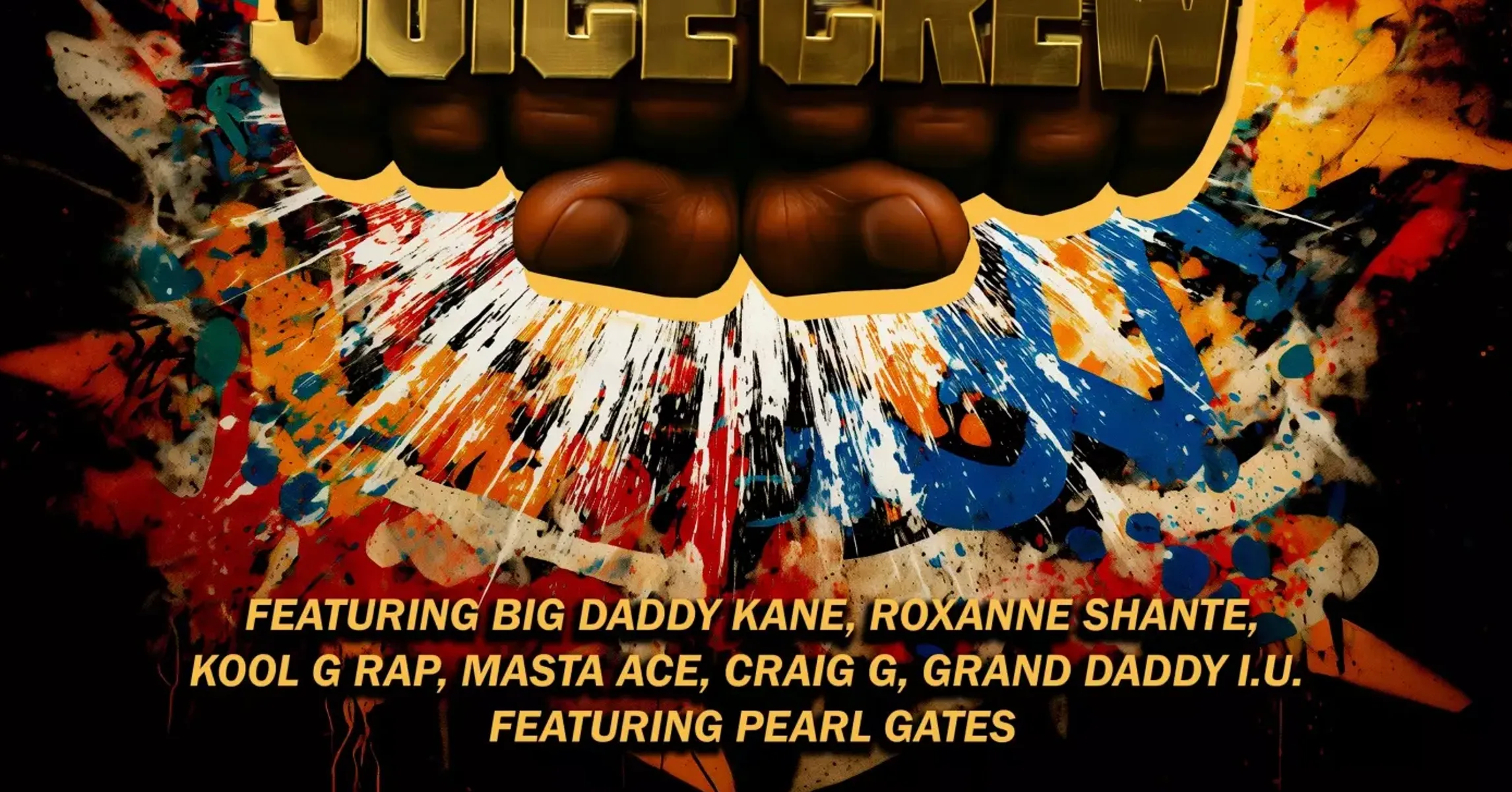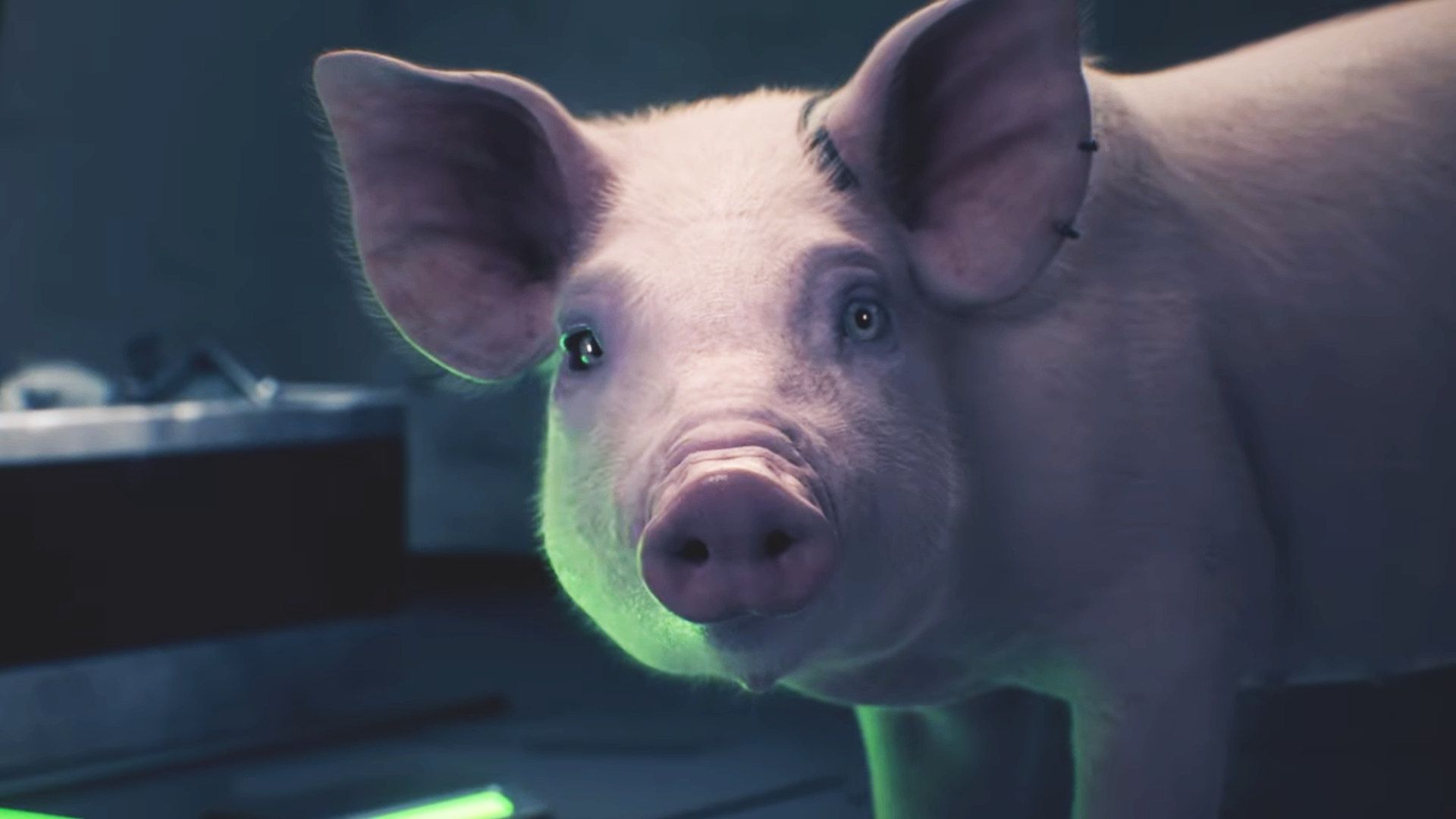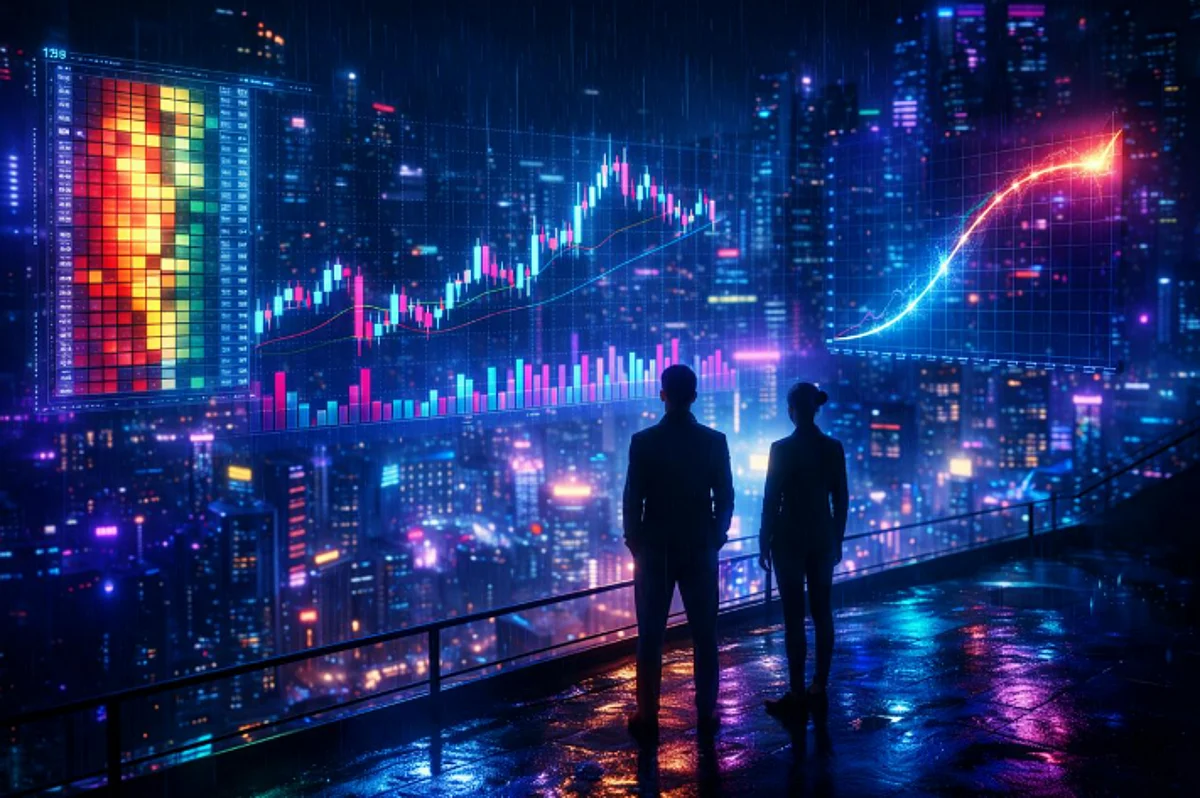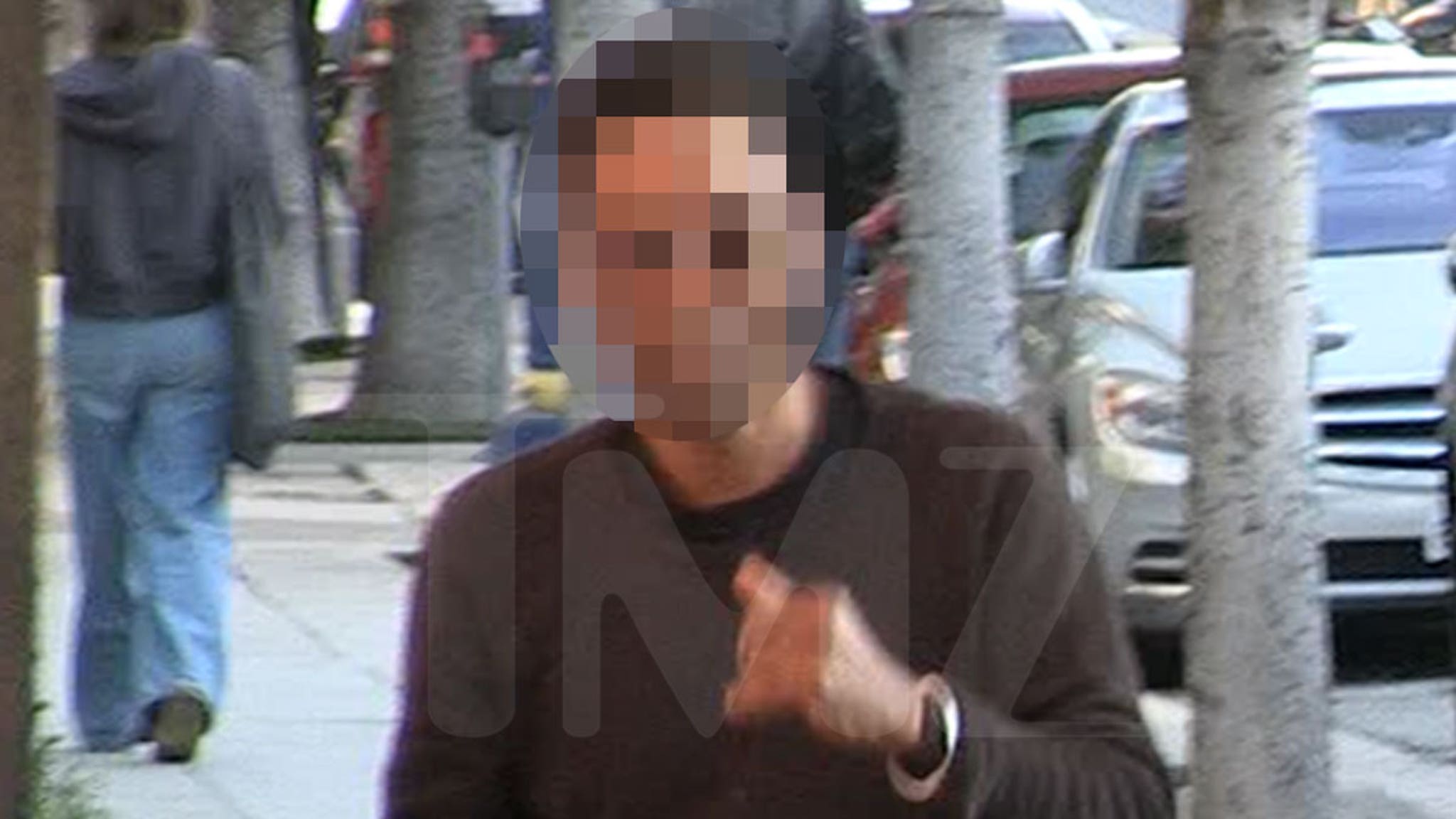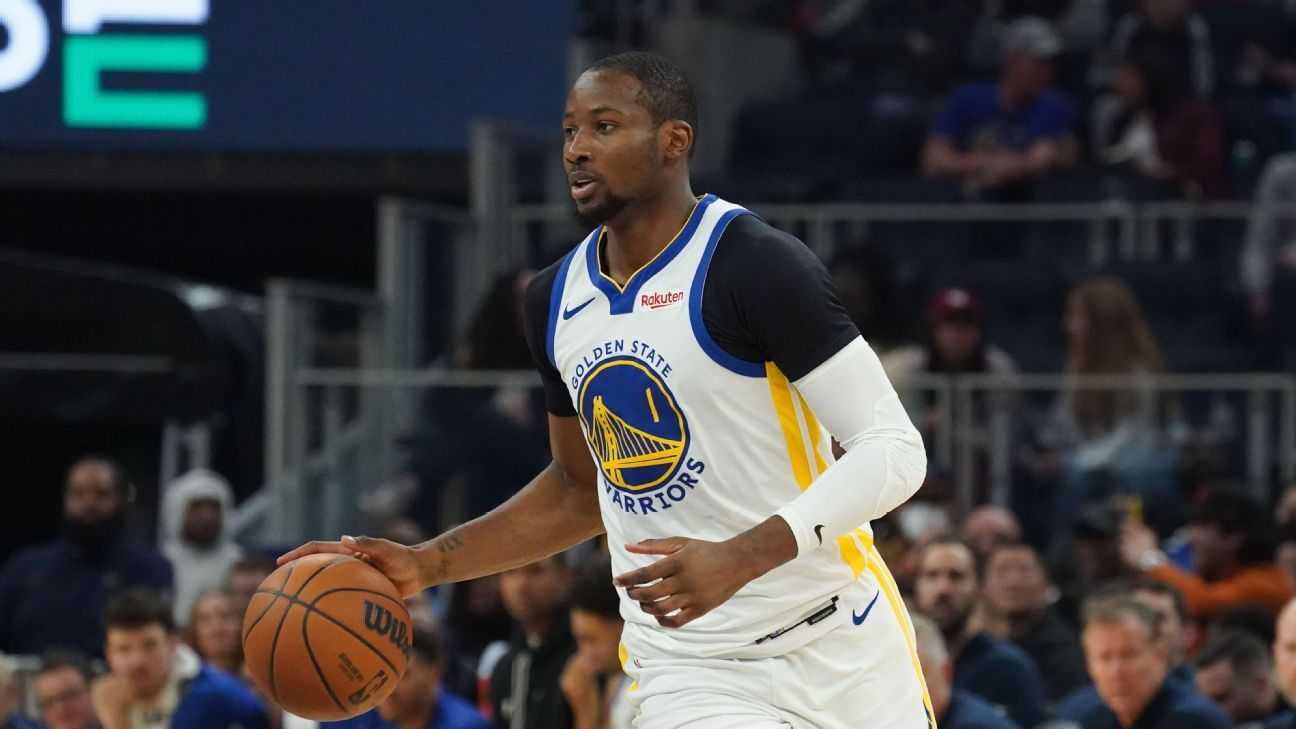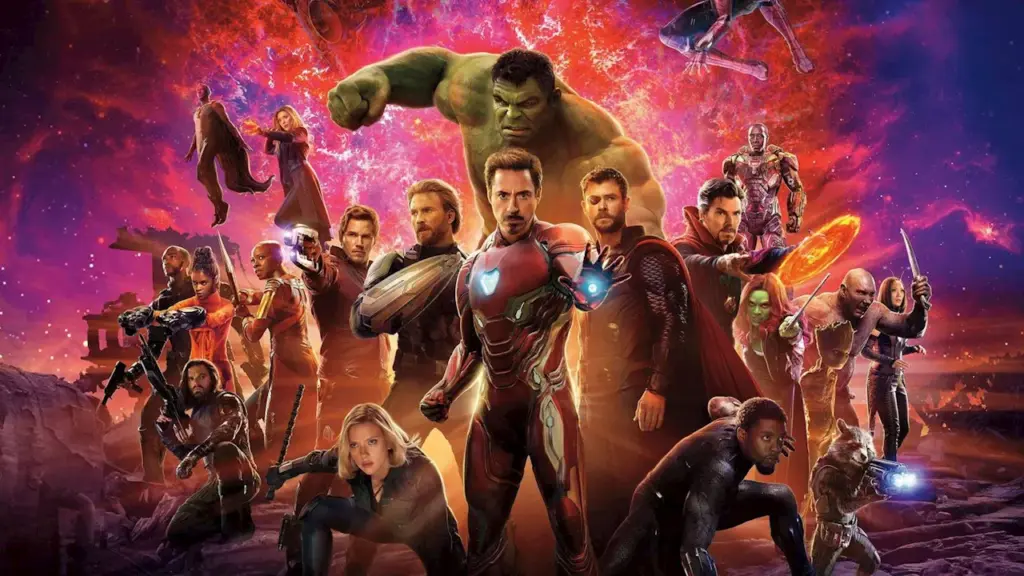
The portrayal of Scarlet Witch in the Marvel Cinematic Universe (MCU) has drawn considerable criticism, particularly regarding her transformation into an antagonist in the 2022 film Doctor Strange in the Multiverse of Madness. Fans argue that the MCU squandered the opportunity to develop her character in a manner consistent with her rich history in Marvel Comics. Instead of embracing the complex narrative established in the comics, the film offered a diluted version of her arc, failing to capture the significant consequences of her darker turn.
Avengers: Disassembled, a pivotal storyline from 2004, serves as a prime example of how the character’s descent into villainy could have been handled. In this comic arc, Scarlet Witch’s actions lead to the disintegration of the Avengers, showcasing her as a tragic figure whose motivations stemmed from profound personal loss. Driven mad by the grief of losing her children, Wanda’s actions had a lasting impact on the Marvel Universe, challenging the very foundation of superhero dynamics.
While the film draws parallels to this storyline, the execution leaves much to be desired. In Multiverse of Madness, Wanda’s motivations—centering on her quest to reunite with her twin sons, Billy and Tommy—were compelling. Yet, the film’s conclusion, which features an abrupt redemption and self-sacrifice, undermines the complexity of her character. Critics note that this quick resolution fails to reflect the weighty consequences of her actions in the comic series, where her choices reshaped entire franchises, particularly through the House of M event.
In House of M, Wanda rewrites reality, establishing a new world order where mutants are the dominant force. This storyline not only elevated her status as one of Marvel’s most powerful characters but also caused widespread ramifications within the comics, including the infamous phrase, “No more mutants,” which drastically reduced the mutant population from millions to under two hundred. This pivotal moment solidified Scarlet Witch’s legacy as a character whose actions could alter the fabric of the Marvel Universe.
The MCU’s attempt to replicate this depth fell short. Instead of a grand narrative arc, Wanda’s transformation into a villain feels like a missed opportunity. The film positioned her as a central figure but lacked the necessary stakes and complexity that would have made her arc resonate with audiences. After the groundbreaking success of WandaVision, which explored her grief and trauma, it seemed counterintuitive to relegate her character development to a supporting role in another hero’s story.
Many fans expressed disappointment that Wanda’s significant arc culminated in a single film rather than unfolding over multiple projects. The potential for her to interact with other characters, or to serve as a bridge to the X-Men’s entry into the MCU, was overlooked. Instead, her villainous potential was largely untapped, leaving audiences wanting more from a character with such a rich backstory.
In summary, while Doctor Strange in the Multiverse of Madness was not without merit, it ultimately failed to do justice to Scarlet Witch’s complex character and her storied legacy within Marvel Comics. The film’s approach to her villain era felt like a missed opportunity, leaving fans to wonder how her narrative could have evolved in a way that honored the depth and significance of her comic roots.
As the MCU continues to expand, the question remains: will there be a chance to revisit Scarlet Witch’s character in a manner that fully embraces the potential that has long been established in the pages of Marvel Comics?
